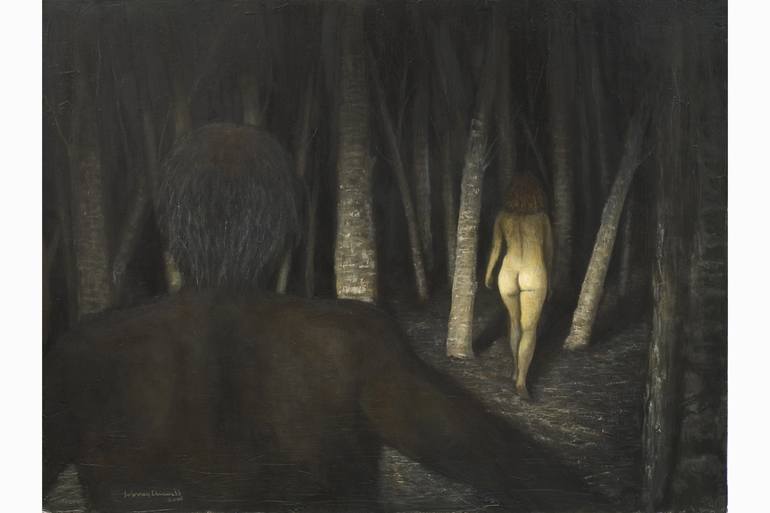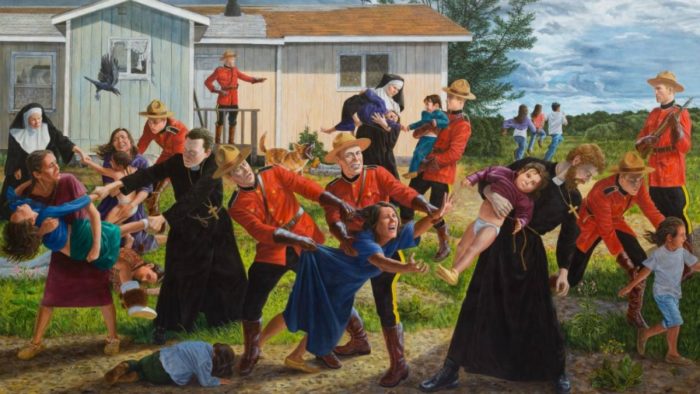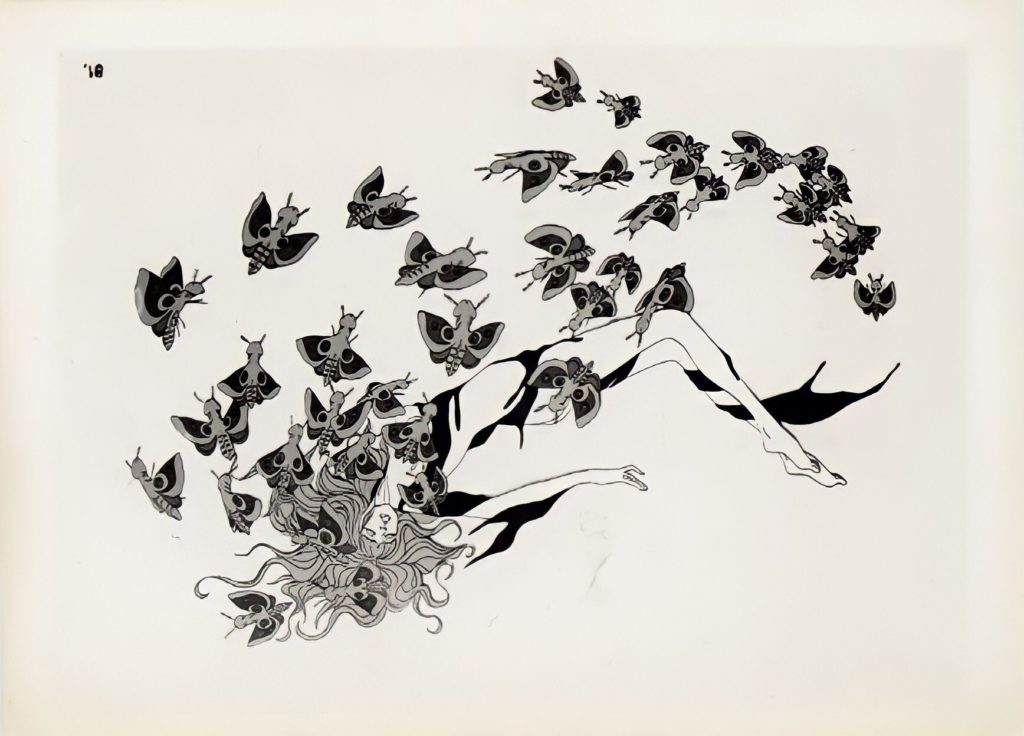
What about the butterflies
Who spend their days
Full of regret
Wishing things had never changed
Wishing they were
Caterpillars
There are 645 posts filed in Uncategorized (this is page 6 of 65).

What about the butterflies
Who spend their days
Full of regret
Wishing things had never changed
Wishing they were
Caterpillars

My Neighbour
An Anti-Vaxxer
Told me Justin Trudeau
Is the most hated person who
Has ever lived
He saw the study
These are facts
Facts!
We’re like sheep to the slaughter
But he’ll take
A bullet to the back of the head
Before they force him
To take
An illegal vaccine
No way man
He remembers
This is the land of the free
And they won’t fool him
No sirree
My Neighbour
Grew up starving
Drinking vinegar
From bottles
Left out at diners
Just to change
The way his stomach
Ached
Hunger like that
He tells me
Is something different
Something all-encompassing
To be famished
Is to be ravished
By absence and lack
The only time he was arrested
He was fifteen
Stole a bag-full of chocolate bars
From the cornerstore
Spent a few weeks
In EMDC
Thought he was gonna get murdered
But met some pretty nice Gs
Who shared their canteen
His case thrown out
He promised
To never do it again
And he didn’t
My neighbor
Only has what he has
Because his mother died
And because a lady driver pulled out
Without looking
Fucking bitch
He woke up in the hospital
Both legs shattered
A helluva lot richer
So he bought all his friends
Flatscreen TVs
When flatscreen TVs
Only belonged
To rich people
And he got himself a bike
A nice little crotch rocket
And a car
And an old lady
And smokes from the rez on the regular
And food for the raccoons the skunks and the possums
Who come to his window at night
Because nobody and nothing
Should ever go hungry
The raccoons steal his hat and
Last night
The Skunks allowed him to touch their
Noses
For the first time
My neighbor is going to
Run out of money next year
He will sell
First his car
Then his bike
And then he will look
For another place to live
But he doesn’t regret anything
He’s felt like a millionaire
Lived a dozen good years
With more than he ever ever imagined
Ever ever having
My neighbour
Misses his mom
Especially during the holidays
And he tells me
To enjoy every moment
Of every day
With my children
Before they grow
And go
And I
remain
And when my neighbour dies
And stands before the throne of God
And God says
What the fuck were you thinking
That was some bullshit about freedom
And vaccine conspiracies
And what’s your beef with women anyway
And my neighbour has nothing to say
In his own defense
The racoons the skunks the possums
Will say
Excuse us Lord
We’ll vouch for him
And everyone who got a flatscreen
Better nod along
And fuck it
I will too
I might as well be neighbourly
Besides
I think I’m going down not up
So it’s about time
Someone else listened
To that bullshit

[The following is a transcript of a sermon I was invited to deliver at Sanctuary London on June 6, 2021. The passage from the lectionary was Luke 1.39-56, but I was also asked to speak to the topic of decolonization in light of the recent revelation about 215 Indigenous kids (some as young as 3) being found in a mass, unmarked grave on the site of the Kamloops Indian Residential School. This is what I said.]
Continue readingDiscussed in this post: 8 books (In the Ruins of Neoliberalism; Between Realism and Revolt; Cops, Crime and Capitalism; The Last Refuge; Having and Being Had; Entangled Life; When My Brother Was an Aztec; and Feed); 8 movies (Somewhere; 24 Frames; Aniara; Salt of the Earth; Elena; Cat Soup; The Invisible Man; and Freaky); and 7 documentaries (Mayor; Sasquatch; Athlete A; The Devil Next Door; Grey Gardens; Above and Below; and Allen v. Farrow).
Continue reading
The river flows
Not as it has always flowed
But still
It flows
Brown and frothing
Where it falls
In 1824 a European
Describes sturgeons
Of an immense size
Seven feet long
One hundred and fifty pounds
In this river
In 1821 another European
Described the river
As delightfully transparent
Today the settlers
Whose houses line the banks
Describe the river
As peaceful
Oh so peaceful
But I remember
May 24, 1881
And the steamboat
SS Victoria
Her boiler torn loose
Scalding some to death
Crushing others
On the way down
The upper deck collapsing
Onto the people below
And holding them underwater
As the ship promptly sank
And this peaceful
Oh so peaceful
River
Peacefully claimed
One hundred and eighty-two settler lives
On the birthday
Of their Queen
And the river flows
Not as it has always flowed
Emptied of sturgeons
Filled with sewage
And pesticides from local farmlands
Fields that once were forests
Around this
The Forest City
Brown and frothing
Where it falls
It bides its time
And waits

Grief takes ahold of you. It overpowers you. You do not get to decide when you have had enough of grief. You will want to stop grieving. You will want to move on. You will wish you could process things faster or better or “more like other people,” but you will find that the precise amount of grief that is allotted to you is yours and yours alone. You do not get to say when you have grieved enough. It is grief, itself, which determines when it has had enough of you. Grief works from its own timeline, not the one you bring to it. And the timeline grief has for you is not the same as the timeline grief has for other people. Other people telling you that you’re taking too long to work through your grief is just as useless as you trying to tell your grief you’re done with it now. They don’t get to make that call. And neither do you. You must grieve your grief through all the way to the end uniquely set aside for you, wherever and whenever grief determines that end is. You must grieve passionately which, as with any passion, is something that requires endurance.
Continue readingDiscussed in this post: 9 BOOKS (Genome Editing and Engineering; Security, Territory, Population; We Do This ‘Til We Free Us; The Tragedy of Heterosexuality; Work Won’t Love You Back; Heart Berries; Mountains of the Mind; The Taiga Syndrome; and Tenth of December); 5 MOVIES (About Endlessness; Gretel and Hansel; Relic; Saint Maud; and Midsommar); and 3 DOCUMENTARIES (A Survivor’s Guide to Prison; This Way of Life; I’ll be Gone in the Dark; and A Glitch in the Matrix).
Continue reading
We are wrong when we say of the dead
They are no longer with us
Because the room where she lived
Is full to bursting
With the presence
Of her absent self
I don’t blame the heart
That decides
It has suffered enough
And refuses
To start beating again
The lungs
That refuse
To start breathing again
The brain that refuses
One more minute
Of fear
Worry
And loneliness
I don’t blame the one
Who lies down
And never gets back up again
I’ve longed for that moment
Often enough
Myself
I knew her for exactly
Sixty days
But what does it mean
To say that my knowledge of her
Is in the past tense?
I still know her
And she still is
Her
The only one of her
That ever was
Or is
Or will be
It’s just that
The days in which I came to know
Her
Are no more
I will not have another day in the presence of
Her voice
Her mannerisms
Her weeping and laughing
Just sixty
Only sixty
No more
And now begins
The long count of days
In which I do not
Hear
Her voice
Witness
Her mannerisms
Join
Her weeping and laughing
One
Two
Three
And onward
Until I too
Am only present
As an absence
She lost consciousness on Sunday
Machines kept her breathing
Until Wednesday
And then they didn’t anymore
Wednesday was her move-in day
Her end to homelessness day
Her welcome home day
And I had to call her housing support workers
Oh no
I had to tell them
Good god
I had to tell them
I’m so so sorry
I had to tell them
She is dead

I am just writing to say
That I understand more now
About how good people do terrible things
And are subsequently and justly judged
As bad people
About how oppression is sustained in part
By those who desire to end it
About how at least some war criminals
Mostly those in the rank and file of war criminals
Were just doing their best
And still deserved to die
Discussed in this post: 17 books (Hermeneutics of the Subject; The Question of German Guilt; The Dark Side of Democracy; Border & Rule; The Vulnerable Observer; Entitled; Looking for Spinoza; Against the Loveless World; Girls Against God; Selected Poems; Patterson; An Africa Elegy; Ceremonies for the Dead; nedi nezu; No Heroics, Please; You Get So Alone at Times That It Just Makes Sense; and Scribbled in the Dark), 5 movies (The Sacrifice; Earth; The Wind that Shakes the Barley; The Turin Horse; and You Were Never Really Here), and 4 documentaries (The New Normal; Las Marthas; Roll Red Roll; and Challenger).
Continue reading